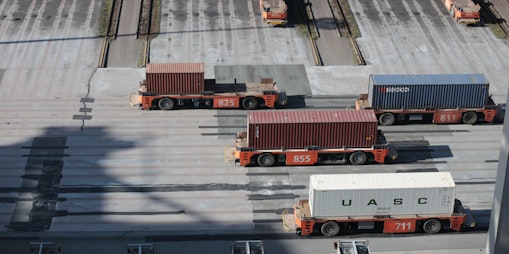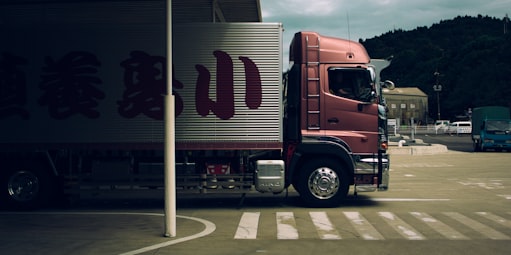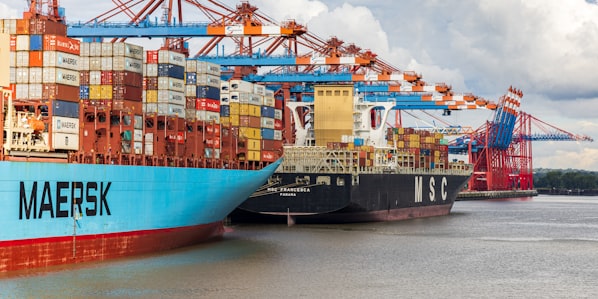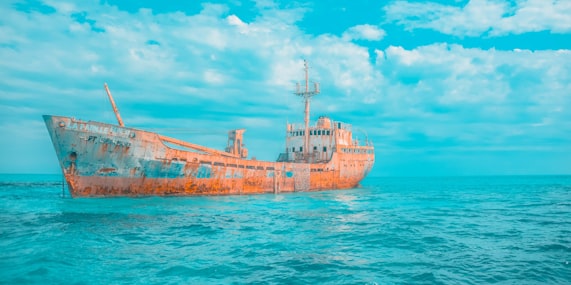
Investigating marine fuel trends, quality, and operational issues the marine industry has faced since the implementation of IMO 2020, reports Seatrade Maritime News.
The Sulphur capSince January 2020, the global cap on sulphur content in marine fuels was introduced through the IMO 2020 regulations.
While one cannot deny the benefits in reducing sulphur content of marine fuels, the impact of these regulations and the changes they bring to the marine fuels and shipping industry has brought...
https://mfame.guru/how-the-implementation-in-imo-2020-effected-the-maritime-industry/









